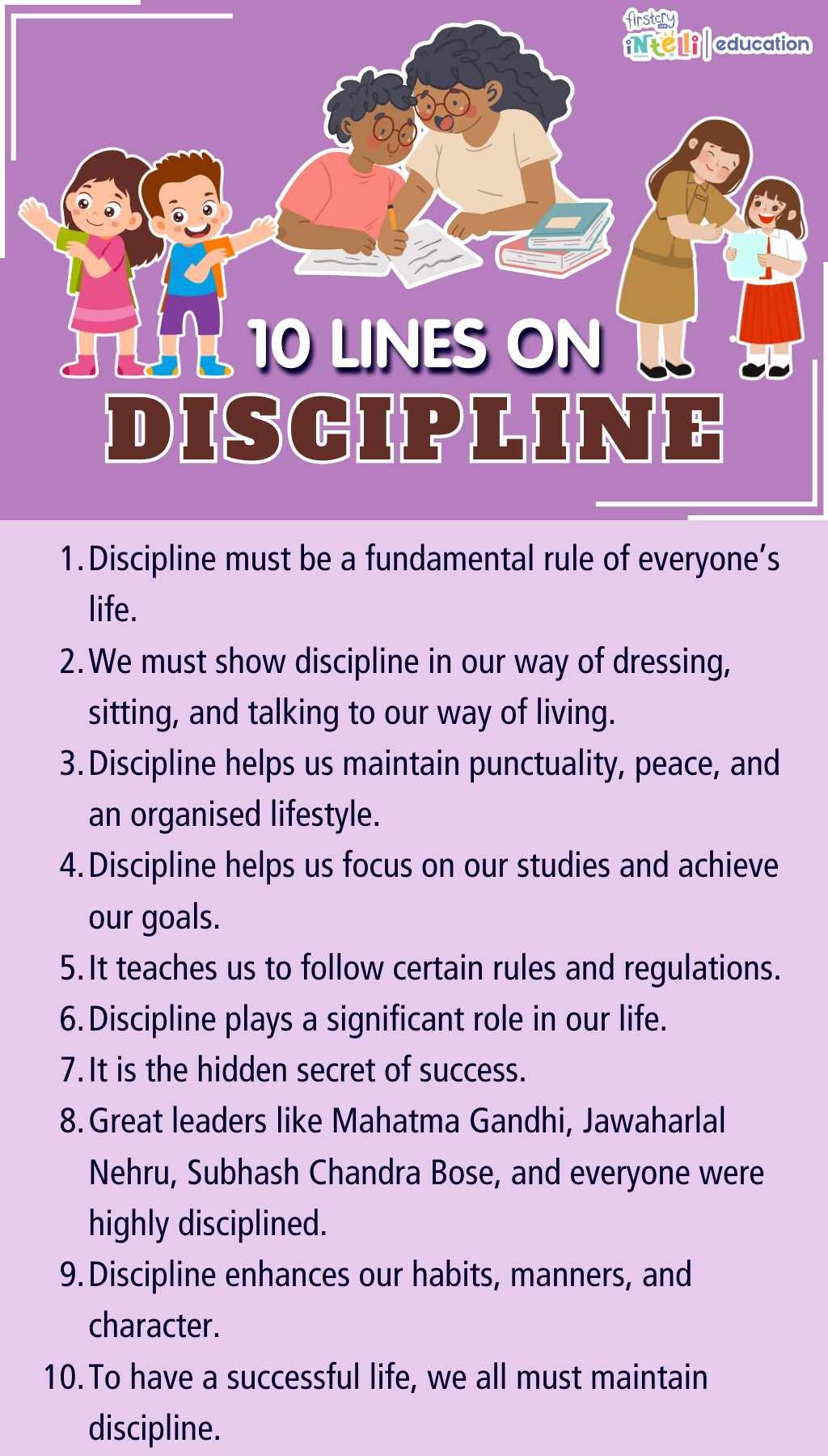Writing Routine
by Admin
Posted on 02-07-2025 08:47 AM

Importance of a Writing Routine
A writing routine is essential for several reasons. Firstly, it helps writers establish a sense of discipline and accountability. By setting a regular writing schedule, writers can ensure that they make time for their craft, even when faced with other responsibilities or distractions. Secondly, a writing routine helps writers develop their skills and style. Consistent writing practice enables writers to experiment with different techniques, refine their voice, and develop their unique perspective. Finally, a writing routine can help writers manage their time and energy more effectively, allowing them to balance their writing with other aspects of their life.
Benefits of a Writing Routine
The benefits of a writing routine are numerous. One of the most significant advantages is increased productivity. By setting aside dedicated time for writing, writers can focus on their work without interruptions or distractions. A writing routine also helps writers stay organized and manage their projects more efficiently. Additionally, a writing routine can reduce stress and anxiety, as writers feel more in control of their work and more confident in their abilities. Furthermore, a writing routine can foster creativity and inspire new ideas, as writers are able to explore different topics, themes, and styles.
Creating a Writing Schedule
Creating a writing schedule is a crucial part of establishing a writing routine. This involves setting aside a specific time and day for writing, and sticking to it as much as possible. Writers can choose a schedule that suits their lifestyle, whether it's early morning, late evening, or during their lunch break. It's also essential to set realistic goals and deadlines, taking into account the writer's availability, energy levels, and writing speed. A writing schedule should be flexible enough to accommodate unexpected interruptions or changes, but also consistent enough to maintain momentum and progress.
Setting Writing Goals
Setting writing goals is another vital aspect of a writing routine. This involves defining what the writer wants to achieve, whether it's completing a manuscript, writing a certain number of words per day, or publishing a specific number of articles. Writing goals should be specific, measurable, achievable, relevant, and time-bound (SMART), allowing writers to track their progress and stay motivated. Writers can also break down their long-term goals into smaller, manageable tasks, making it easier to stay focused and avoid feeling overwhelmed.
Overcoming Common Challenges
Despite the benefits of a writing routine, writers often face common challenges that can disrupt their progress. One of the most significant obstacles is writer's block, which can be caused by a lack of inspiration, fear of failure, or perfectionism. To overcome writer's block, writers can try freewriting, changing their environment, or seeking feedback from others. Another challenge is procrastination, which can be addressed by breaking down tasks into smaller steps, setting deadlines, and using productivity tools. Self-doubt and criticism are also common challenges that writers face, which can be overcome by developing a growth mindset, seeking support from peers or mentors, and focusing on the writing process rather than the end result.
Staying Motivated and Inspired
Staying motivated and inspired is crucial for maintaining a writing routine. Writers can find inspiration in various sources, such as reading, research, or personal experiences. They can also join writing communities, attend workshops or conferences, or participate in writing challenges to stay engaged and motivated. Additionally, writers can reward themselves for reaching milestones or completing tasks, which can help boost their confidence and enthusiasm. It's also essential to take breaks and practice self-care, as burnout and exhaustion can negatively impact a writer's creativity and productivity.
Writing Environment and Tools
The writing environment and tools can significantly impact a writer's productivity and comfort. Writers can create a conducive writing space by minimizing distractions, using comfortable furniture, and optimizing their lighting and temperature. They can also use various tools, such as writing software, apps, or extensions, to streamline their workflow, organize their ideas, and improve their writing quality. Some writers prefer traditional tools, such as pens and paper, while others rely on digital tools, such as laptops or tablets. Ultimately, the choice of writing environment and tools depends on the writer's personal preferences, needs, and goals.
Conclusion
In conclusion, a writing routine is a powerful tool for writers to achieve their goals, overcome challenges, and maintain their creativity and productivity. By establishing a writing schedule, setting SMART goals, and creating a conducive writing environment, writers can stay focused, motivated, and inspired. While common challenges such as writer's block, procrastination, and self-doubt can arise, writers can overcome them by developing strategies, seeking support, and practicing self-care. By embracing a writing routine, writers can unlock their full potential, produce high-quality work, and achieve success in their writing endeavors.
FAQs
What is a writing routine?
A writing routine is a set of habits and practices that help writers stay focused, productive, and consistent in their work.
How do I create a writing schedule?
To create a writing schedule, set aside a specific time and day for writing, and stick to it as much as possible. Be flexible and adjust your schedule as needed to accommodate changes or interruptions.
What are some common challenges that writers face?
Common challenges that writers face include writer's block, procrastination, and self-doubt. To overcome these challenges, try freewriting, seeking feedback, or practicing self-care.
How can I stay motivated and inspired as a writer?
To stay motivated and inspired, join writing communities, attend workshops or conferences, or participate in writing challenges. Reward yourself for reaching milestones, and take breaks to practice self-care and avoid burnout.
What are some essential writing tools?
Essential writing tools include writing software, apps, or extensions, as well as traditional tools such as pens and paper. Choose the tools that work best for you and your writing style.
How can I overcome writer's block?
To overcome writer's block, try freewriting, changing your environment, or seeking feedback from others. Break down your project into smaller tasks, and focus on making progress rather than perfection.
First Novel Navigators
Clara Ashton
